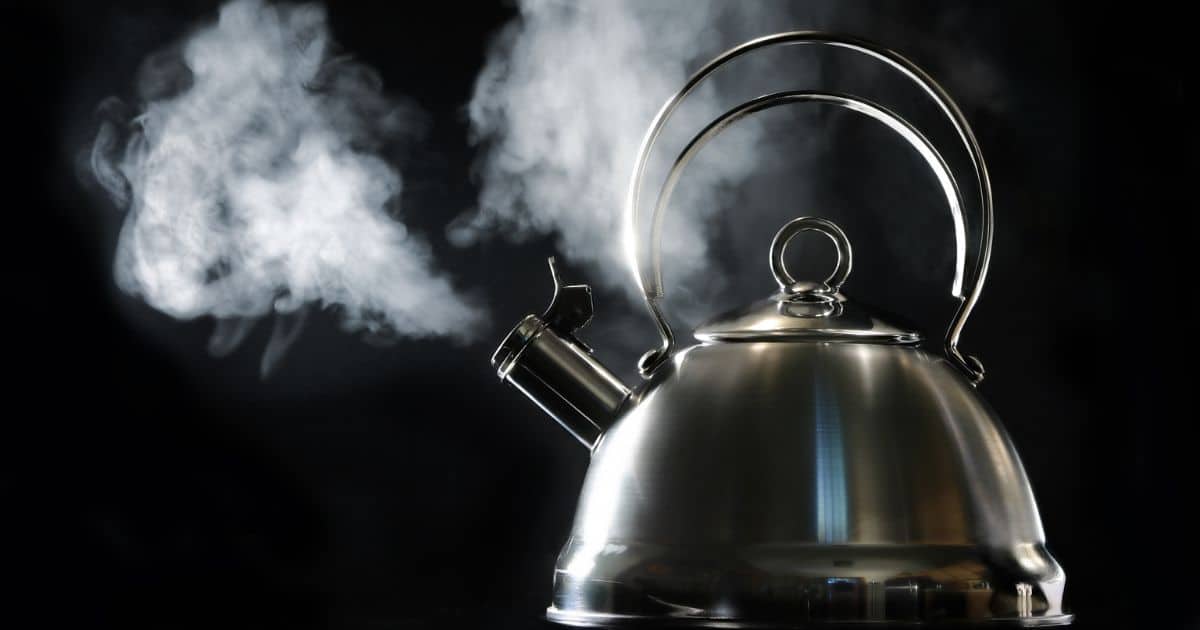901 755 4797
What is a boil water advisory?
Boil water advisories are issued by government agencies or water utilities when the quality of the public drinking water is compromised and there is a risk of illness from consuming it. This can occur due to a variety of factors, including breaks in water mains, flooding, or problems with the water treatment process.
During a boil water advisory, residents are advised to bring tap water to a rolling boil for at least one minute before consuming it or using it for cooking, brushing teeth, or washing dishes. Boiling the water kills any potential bacteria or viruses that may be present in the water. Alternative methods of purifying water, such as using bottled water or water purification tablets, can also be used. It is important to follow the guidelines issued by the government or water utility, as failure to do so could result in illness.
In the event of a boil water advisory, it is important for residents to stay informed about the status of the water supply and follow any instructions provided by the government or water utility. This may include using bottled water for drinking and cooking, avoiding using tap water for brushing teeth or washing dishes, and taking other precautions to ensure the safety of their drinking water. It is also important to stay informed about the status of the boil water advisory and follow any updates or changes to the guidelines. Once the water quality has been restored and deemed safe for consumption, the boil water advisory will typically be lifted.
What can happen if I don’t follow the boil water advisory?
Failure to follow a boil water advisory can potentially lead to a number of health issues. The most common health risk associated with consuming contaminated water is the risk of gastrointestinal illness, which can cause symptoms such as diarrhea, vomiting, and stomach cramps. These symptoms can range from mild to severe, and in some cases, can be life-threatening, particularly for young children, elderly individuals, and people with compromised immune systems.
Consuming contaminated water can also potentially lead to other types of infections, such as infections of the respiratory tract, urinary tract, or skin. In rare cases, it can even lead to more serious illnesses, such as hepatitis A or Legionnaire’s disease. It is important to follow the guidelines issued during a boil water advisory to reduce the risk of these types of health issues.
In addition to the risks to human health, consuming contaminated water can also pose risks to pets and other animals. It is important to ensure that all animals in the household have access to clean, safe drinking water during a boil water advisory.
How can i prepare for a boil water advisory at home?
There are a few steps you can take to prepare for a boil water advisory at home:
- Stock up on bottled water: Keep a supply of bottled water on hand in case of a boil water advisory. This will ensure that you have a safe source of drinking water in the event that the tap water is not safe to consume.
- Have a backup plan for cooking and cleaning: If a boil water advisory is issued, you will need to find alternative methods for cooking and cleaning. Consider purchasing a small propane stove or portable electric burner that you can use to boil water or cook food. You can also use disposable plates and utensils to reduce the need for dishwashing.
- Keep informed: Stay up to date on the status of the boil water advisory by following any updates or instructions provided by the government or water utility. This will help you to know when it is safe to use tap water again.
- Follow proper hygiene practices: During a boil water advisory, it is important to follow proper hygiene practices to reduce the risk of illness. This includes washing your hands frequently with soap and water and avoiding consuming raw or undercooked food that may have come into contact with contaminated water.
Staying Safe During a Boil Water Advisory
In conclusion, boil water advisories are issued when the quality of the public drinking water is compromised and there is a risk of illness from consuming it. It is important to follow the guidelines issued during a boil water advisory to reduce the risk of illness and protect your health. By staying informed, stocking up on bottled water and water purification tablets, and following proper hygiene practices, you can help to ensure that you and your family have access to safe, clean drinking water during a boil water advisory. Remember to follow any updates or instructions provided by the government or water utility, and take the necessary precautions to protect your health and the health of your loved ones.


